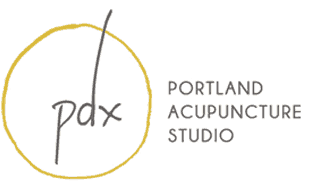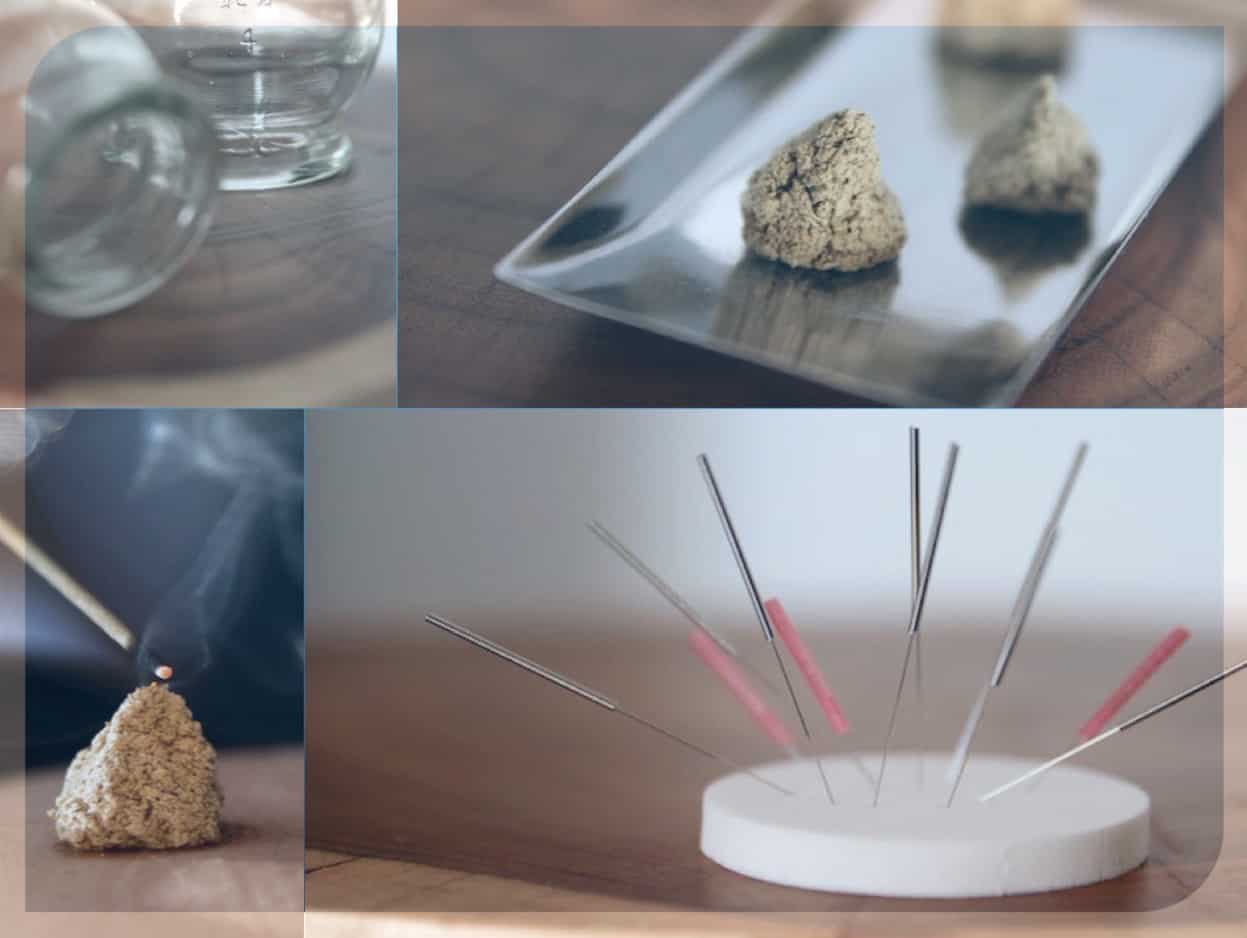by Lee Hullender Rubin, DAOM, LAc
In my new IVF acupuncture research study, Impact of Traditional Chinese Medicine on In Vitro Fertilization Outcomes, I looked at IVF birth outcomes in women who received an embryo transfer with fresh donor or non-donor embryos from 2005 to 2010. In the last post, I talked a little bit about why I decided to do the study. I also explained the differences between the various IVF cycle types: fresh or frozen; and donor or non-donor. In this post, I will provide more details on the study design, describe the groups included in the study, and most importantly define what the heck Whole-Systems Traditional Chinese Medicine (TCM) means. Let’s start with the study design methods.
What is a retrospective cohort study?
This part is a little wonky, so feel free to skip down to the next section if research methodology isn’t your bag. Still reading? Great! I want to briefly describe the retrospective cohort study design. A cohort study is an observational study that follows a group of people through time to determine if that population had any health changes as a result of exposure to an intervention. Cohort studies are sometimes called longitudinal studies and are a preferred method of research when performing an experimental trial, like an RCT, is not possible. Cohort studies can be prospective or retrospective. Prospective means that a population is followed from a specific start point into the future. The Farmingham Heart Study is a good example.
When it is difficult to research an intervention, due to ethical issues or limited resources, it is sometimes worthwhile to retrospectively look back at health outcomes that have already happened in a group of people that are similar to one another and exposed to the same things. This is to learn if that exposure resulted in a positive or negative impact. Let’s say you wanted to know if being poked in the eye caused eye blindness. It would not be ethical to recruit people to have the their eyes systematically poked and then follow them to see how many became blind. You could well expect many a one-eyed plaintiff would soon be suing you, for sure. You could, alternatively, look back at charts of patients who were seen at urgent care for an eye poke, and then retrospectively count how many of them became blind. That could then tell us if eye pokes are associated with an increased incidence of blindness.
In my IVF acupuncture research study, it was not feasible to set up a prospective study and randomize women into three groups. We instead looked at women who had already completed an IVF cycle at a single IVF center to find out who used Whole Systems TCM and if adding Whole Systems TCM to their IVF had an impact on the chances of having a baby.
Treatment groups included in the study
I reviewed charts of all the cycles that occurred at a single IVF center from 2005 to 2010. At this IVF center, almost 1,800 women started the IVF process, and more than 1,400 of them had an embryo transfer. Of the women who had a transfer, I included 1,069 women who had one with fresh, non-donor embryos and 162 women who had one with fresh, donor embryos in the study analysis. The remaining women were excluded from the analysis, because they had a frozen cycle, or they didn’t have an embryo transfer. Within each cycle type, I identified three groups of women and compared them to each other.
Usual IVF Care
The first group went through the usual IVF cycle with no other additional known treatment. We call this group the Usual Care group. They received care from the IVF clinic based on the usual practices of the IVF clinic. Women who had a fresh, non-donor embryo transfer numbered 580. This is the bulk of the cohort. Women who had a fresh donor embryo transfer numbered 104.
Day of embryo transfer acupuncture
The second group was made up of women who chose to receive acupuncture on the day of embryo transfer. The day of embryo transfer intervention consists of two acupuncture treatments, one right before and one right after the embryo transfer. There were 370 women with non-donor cycles and 37 with donor cycles.
Day of embryo transfer acupuncture treatments tend to be standardized for every patient, regardless of her individual needs or cycle type. The intention of this treatment is to prevent cramping, support the hormones that enable pregnancy, and help relax the patient. It is, by and large, the most studied intervention of acupuncture and IVF with around 25 trials published from around the world. The evidence suggests that day of embryo transfer acupuncture is effective to help patients feel less stressed and more relaxed on a very important day, but its impact on improving the chances of having a baby is still unclear.
In my own previous IVF acupuncture research, I found that women undergoing a donor cycle significantly benefited from day of embryo transfer, but I did not see the same results in women who are doing a non-donor cycle. The inequality in outcomes may be due to the differences in the cycle types described in the last post. This observation signals that we should likely consider the IVF cycle type when administering acupuncture on transfer day. As to effectiveness to improve pregnancy, my interpretation of the literature says this intervention has the best impact on improving the chances of having a baby if it is combined with treatment during an IVF cycle or the IVF clinic has an overall success rate of up to 35%. This is not common where I live, as nearly every IVF clinic has very high success rates. To help these patients, I suggest a Whole Systems TCM intervention.
Whole Systems Traditional Chinese Medicine (TCM)
Women who added Whole Systems TCM to their IVF are women who attended visits at my acupuncture clinic and received treatment from my colleagues or myself while they completed their IVF cycle. This is our third group. There were 119 women who did non-donor cycles, and 21 who did donor cycles. On average, women who did a non-donor cycle attended 12 visits, and donor cycle patients attended 11 visits. They also attended the day of embryo transfer acupuncture, bringing the total number of visits to 14 and 13, respectively.
What is Whole Systems TCM?
You are probably wondering what the heck is this weird phrase, Whole Systems TCM? This is the formal name we researchers call TCM in research papers when we investigate how it is provided to patients in the real world. The term was coined in 2002 to better describe the systems of medicine that fall under complementary and alternative medicine like Chinese Medicine, Ayurvedic Medicine, or other world medicine systems. It encompasses a much broader understanding of acupuncture because when a patient seeks care from an acupuncturist, they are likely getting more than just needles inserted into the body. They are likely receiving a treatment with many therapeutic ingredients.
Whole Systems TCM is what we acupuncturists do everyday in clinic. We meet with you, diagnose you according to the system of TCM, and then put together a plan incorporating treatments that are right for you. A Whole Systems TCM treatment plan is a complex intervention that can include one, some or many different treatment modalities that fall under the TCM umbrella, including acupuncture, electro acupuncture, cupping, moxibustion, and Chinese medical massage, TCM based dietary and lifestyle recommendations, and if appropriate, Chinese herbal therapy, and nutritional supplements. An important clarifiction is that not everyone receives everything on this list of treatments. But, everyone included in the study did receive acupuncture with diet and lifestyle recommendations. Each treatment is tailored to the specific health needs and preferences of the patient. Finally, herbs were not used on every patient unless they were appropriate for the individual, and the patient and IVF doctor both agree to their use.
In the next post, I will explain the outcomes of the study and what they mean to you, the IVF patient. Contact me with any questions or if you would like to make an appointment.





